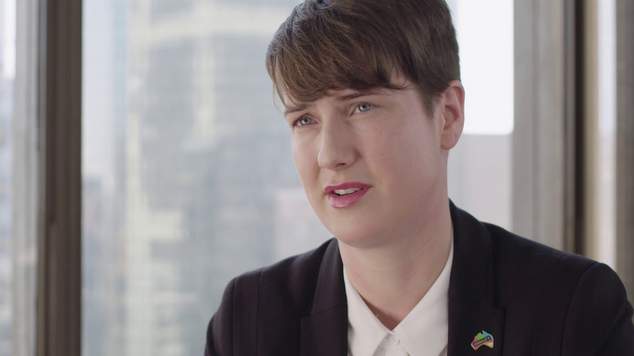
Equality Australia have put in a submission to the government’s consultation process of the Religious Discrimination Bill outlining their opposition to many parts of the proposed legislation.
CEO of Equality Australia, Anna Brown said the legislation being put forward was flawed.
“The closer you look at this Bill the worse it becomes, and there is a growing criticism and concern about the uncertainty and division it will create for us all,” Brown said.
“The Religious Discrimination Bill is a complex, uncertain, and flawed piece of legislation,”
“Despite an opportunity to improve this legislation following the first round of consultation, the revised draft fails to make changes needed to achieve community consensus and ensure equality for all,”
“Australians reject provisions that threaten our access to appropriate and non-judgemental healthcare, no matter where we live. Australians do not want our workplaces, schools and services diminished by people who wish to take advantage of special protections in order to demean our lives or beliefs (whether religious or not). Australians want our laws to protect all of us, equally. Because the Religious Discrimination Bill fails to do this, we oppose it.” Brown said.
In their submission the rights group said the latest version of the government’s plan continues to privilege the interests of some people and institutions over the rights of others. Arguing that Australians who hold different religious beliefs or no beliefs at all will have less protections under the law.
Some of the concerns raised by Equality Australia include a concern that it will be easier for people to be refused health services because of their beliefs of doctors, nurses and pharmacists.
There is also concern that the bill will enabling discrimination against LGBTIQ+ people, women, people with disabilities, people of faith and others.
Equality Australia says that under the government’s plan these people will lose existing discrimination protections when people make certain statements based in or about religion. The result of which is large private sector employers and professional bodies will find it harder to enforce universal standards of appropriate conduct across their workplaces and professions.
Submissions to the consultation closed on January 31st. The Attorney General is expected to brief coalition backbenchers about the bill in the coming weeks.
OIP Staff





